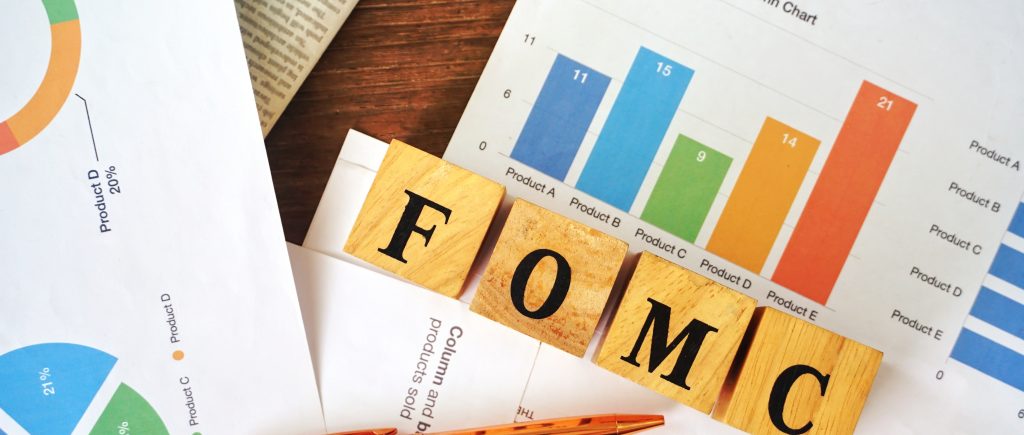On Wednesday, the dollar index rose by +0.39%. The dollar moved moderately higher and is just below last Friday’s 6-week high. A slump in stocks Wednesday boosted the liquidity demand for the dollar. Also, the hawkish minutes of the Jan 31-Feb 1 FOMC meeting supported the dollar, with policymakers anticipating additional rate hikes.
Wednesday’s FOMC meeting minutes were hawkish for Fed policy and bullish for the dollar. The minutes showed policymakers anticipated further rate hikes for longer to bring inflation down to the Fed’s target. “Participants observed that a restrictive policy stance would need to be maintained until the incoming data provided confidence that inflation was on a sustained downward path to 2%, which was likely to take some time.”
The FOMC meeting minutes also showed that some policymakers said an “insufficiently restrictive” policy stance could stall recent progress on moderating inflation pressures, suggesting they may be prepared to raise rates higher than their December forecast of 5.1%.
April gold (GCJ3) on Wednesday closed down -1.00 (-0.05%), and March silver (SIH23) closed down -0.213 (-0.97%). Precious metals closed lower. The stronger dollar weighed on metals prices. Also, gold prices were under pressure due to the continued liquidation of gold holdings in ETFs after holdings of gold in ETFs fell to a new 2-3/4 year low Tuesday. Silver was under pressure on signs of an uneven recovery in China that is bearish for industrial metals demand.
Gold and silver prices extended their losses from their afternoon closing levels after the minutes of the Jan 31-Feb 1 FOMC meeting stated that policymakers anticipated further rate hikes for longer. Lower global bond yields Wednesday limited the downside in precious metals prices.
The EUR/USD pair fell by -0.40%. The euro Wednesday dropped to a 1-3/4 month low on strength in the dollar. Also, Wednesday’s comments from ECB Governing Council member de Galhau weighed on the Euro when he said that the “markets have overreacted” when placing bets for peak ECB interest rates. However, the euro found support on Wednesday’s +1.0 point increase in the German Feb IFO business confidence index to an 8-month high of 91.1.
de Galhau said, “there’s been an excess of volatility on expectations for the terminal rate. In other words, markets have overreacted” when placing bets for peak ECB interest rates.
USD/JPY fell by -0.05%. The yen posted modest gains after a decline in T-note yield sparked some short covering in the yen. Also, Wednesday’s stronger-than-expected Japan Jan producer price service report was hawkish for BOJ policy and supportive of the yen.
In addition, concern about rising wage pressures in Japan may prompt the BOJ to exit its ultra-easy policies after Toyota Motors agreed to give the largest wage hikes in 20 years to its union members today, and Honda Motors said it would boost its wages by +5%, including the biggest increase in base pay in 30 years.
Oil extended its longest run of losses this year after the Federal Reserve’s minutes showed officials back further rate hikes, adding to concerns that a US economic slowdown will reduce demand.
The minutes indicated that Federal Reserve officials were more concerned about the risk of inflation staying high than the economy entering a recession. West Texas Intermediate fell below $74 a barrel; its sixth straight decline, shaking off increasing evidence of a robust recovery in Chinese demand following the end of Covid Zero rules. Brent crude is trading at 80.28 per barrel and WTI is trading at $73.95 per barrel at the time of writing.
 Noor Trends News, Technical Analysis, Educational Tools and Recommendations
Noor Trends News, Technical Analysis, Educational Tools and Recommendations





